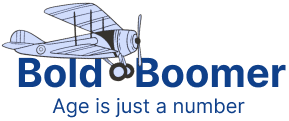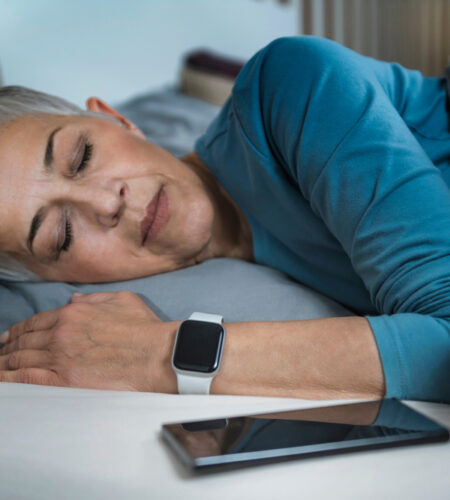In the intersection of technology and healthcare, smartwatches have emerged as a game-changing tool for seniors. These devices, once mere extensions of smartphones, have evolved into comprehensive health monitoring systems. For the senior, smartwatches are not just about keeping time or staying connected; they are about managing their health and well-being in a more informed and proactive manner.

Modern smartwatches are equipped with a range of features specifically designed to cater to the health and safety needs of seniors. One of the most critical features is heart rate monitoring. These watches can continuously track heart rate, alerting the user to any irregularities or potential concerns. This constant monitoring is crucial for early detection of heart-related issues, which are a leading health concern for the senior.
Another innovative feature is fall detection and emergency response. Some smartwatches are equipped with sensors that can detect a fall, automatically sending an alert to emergency contacts or services. This feature can be lifesaving, especially for seniors living alone, providing peace of mind for both the users and their families.
Activity tracking is a standard feature in most smartwatches and is particularly beneficial for seniors. These devices encourage an active lifestyle by tracking steps, distance walked, and calories burned. They can also set activity goals and reminders, promoting regular movement and exercise, which is vital for maintaining mobility and overall health in later years.
Sleep monitoring is another valuable feature for senior health. Smartwatches can track sleep patterns, providing insights into sleep quality, duration, and regularity. Good sleep is essential for physical health and cognitive function, especially for older adults. Monitoring sleep can help identify patterns or issues that might need addressing for better sleep quality.


In addition to these health features, smartwatches offer convenience and connectivity. They can display notifications for calls, texts, and reminders, often with the ability to respond directly from the watch. This connectivity is important for seniors, keeping them in touch with family and friends and ensuring they don’t miss important notifications or appointments.
Ease of use is a critical consideration in smartwatches for seniors. The best devices offer clear, easy-to-read displays, straightforward navigation, and simple setup processes. Voice commands and touchscreens with larger icons are common features that enhance usability for older users.
GPS functionality is also incorporated into many smartwatches, providing real-time location tracking. This feature can be invaluable for seniors with memory issues, such as those with early-stage dementia, ensuring they can be located quickly if needed.
Conclusion
In conclusion, smartwatches with health monitoring features are a significant advancement for senior care. They blend the latest in technology with health management tools, providing seniors with a way to monitor their health, stay active, and maintain connectivity with the world around them. As technology continues to advance, we can expect even more innovative features to support the health and well-being of the aging population.



Comments